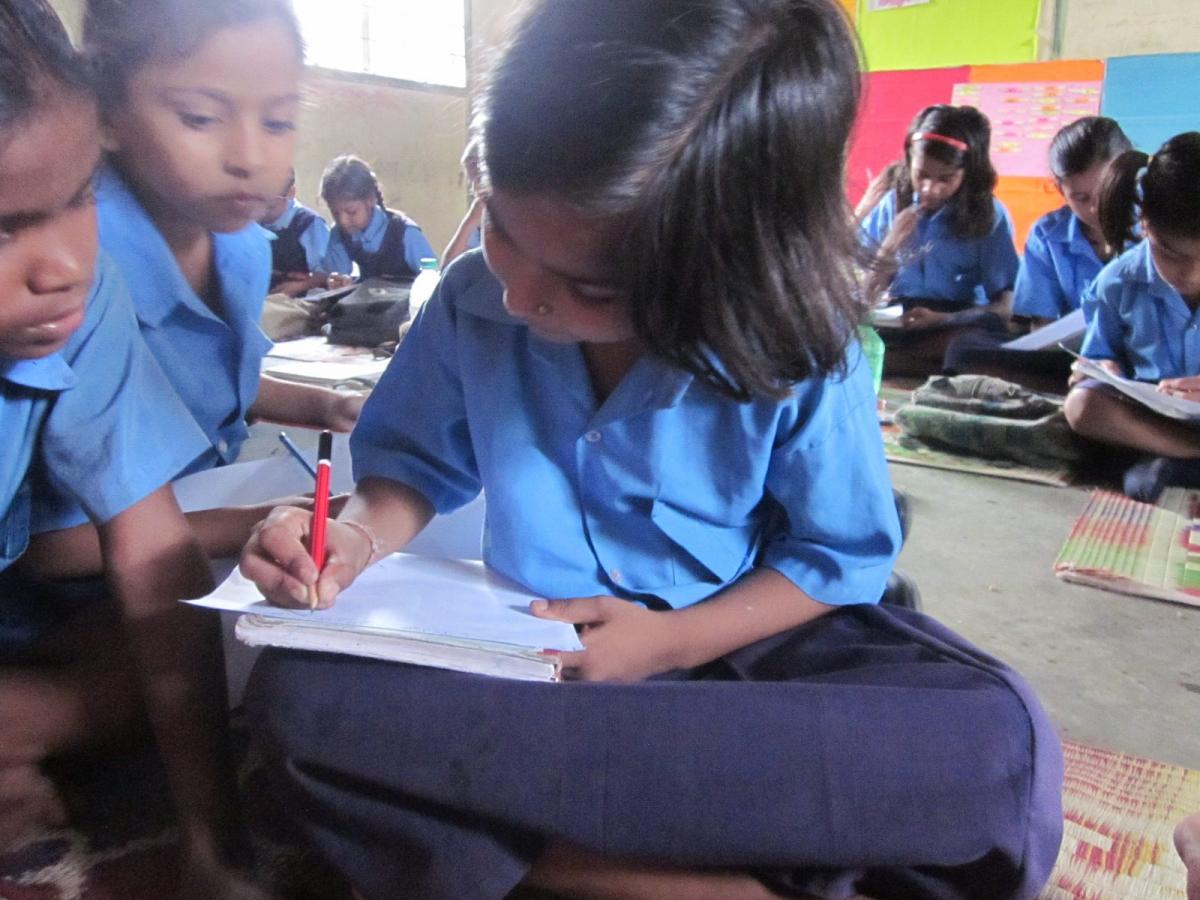According to the recently released report, titled “Bright Spots: Status of Social Inclusion through RTE”, it was found that 80% of the private schools in Delhi have refused to implement the Right to Education Act and reservation of seats for the Economically Backward Section (EWS) Category.
The report is the result of a survey with 10,000 respondents and conducted by Indus Action, an NGO serving the education sector.
Section 12(1)(c) of the Right of Children to Free and Compulsory Education Act, 2009 aims at improving the standards of education by reserving a minimum of 25 percent of all entry-level seats in private, unaided, non-minority and special category schools EWS and Disadvantaged Groups (DG).
“Thirteen states and UTs do not have readily available information on the number of students in schools under this provision,” the report said.
The official report is scheduled to be launched tomorrow by Indus Action in collaboration with PVR Nest, which will be discussed during the panel discussion on “Social Inclusion”.
The report revealed the possible reasons for the refused implementation, which was income limits varying in a state to state, while others consider BPL families under EWS.
“There is also ambiguity over the definition of free education. Some schools continue to charge ancillary fees which are burdensome on the beneficiary parents and guardians.
“While there is lack of policy clarity on students’ future after passing Class 8, document requirements like ‘Aadhaar’ and certain others have excluded sections of the beneficiary population including children from migrant populations, children of single mothers, among others,” the report said.


INDUS ACTION REPLY – Readers please note that the figure mentioned here “Over 80 per cent private schools in Delhi don’t reserve 25 per cent seats for poor students” is factually untrue and is a mistake in the article that will soon be corrected. Our report has the right figures and Delhi is actually one of the better performing states in implementing this law and the fill rates for this quota in schools are well over 90%.